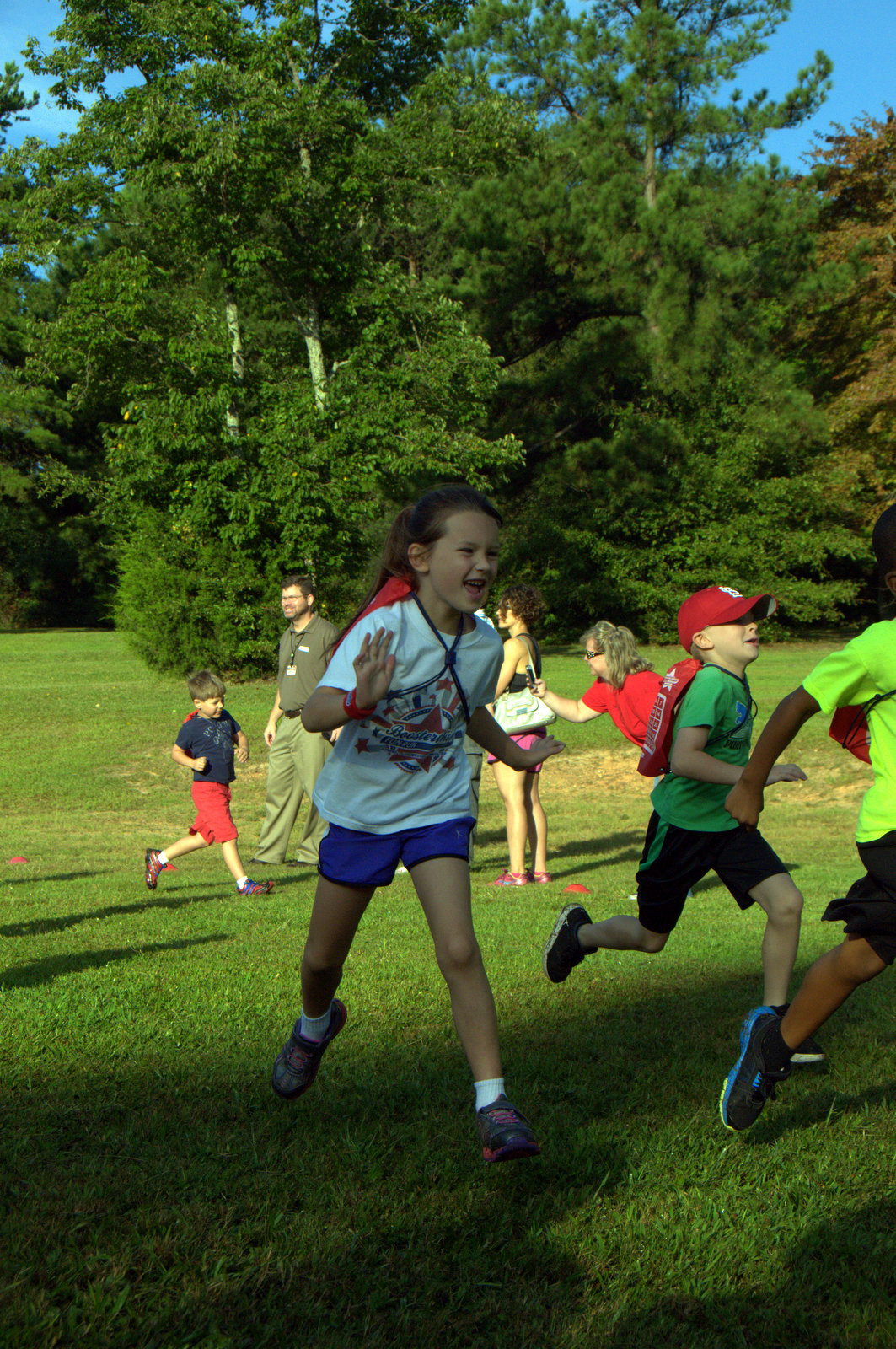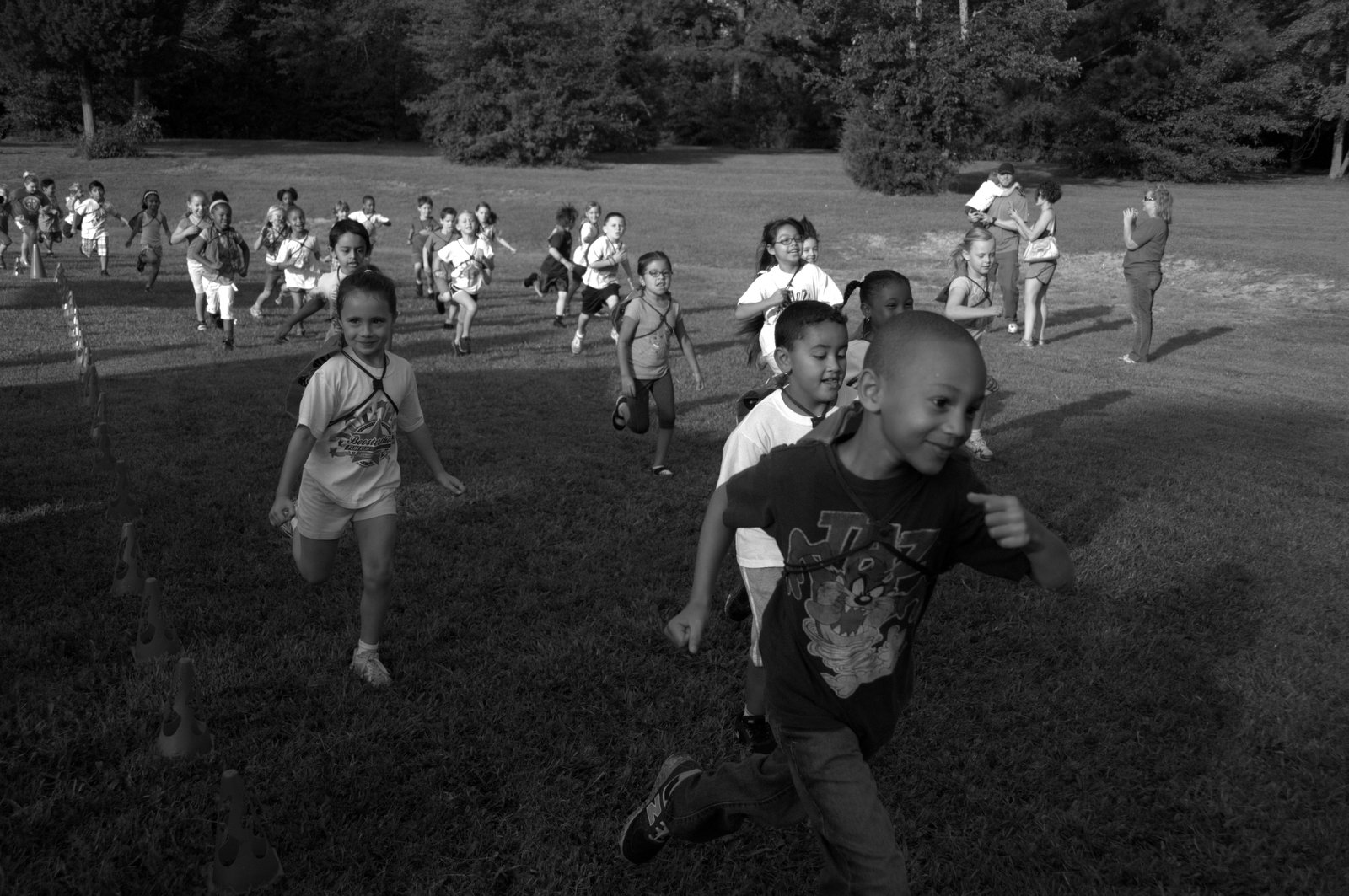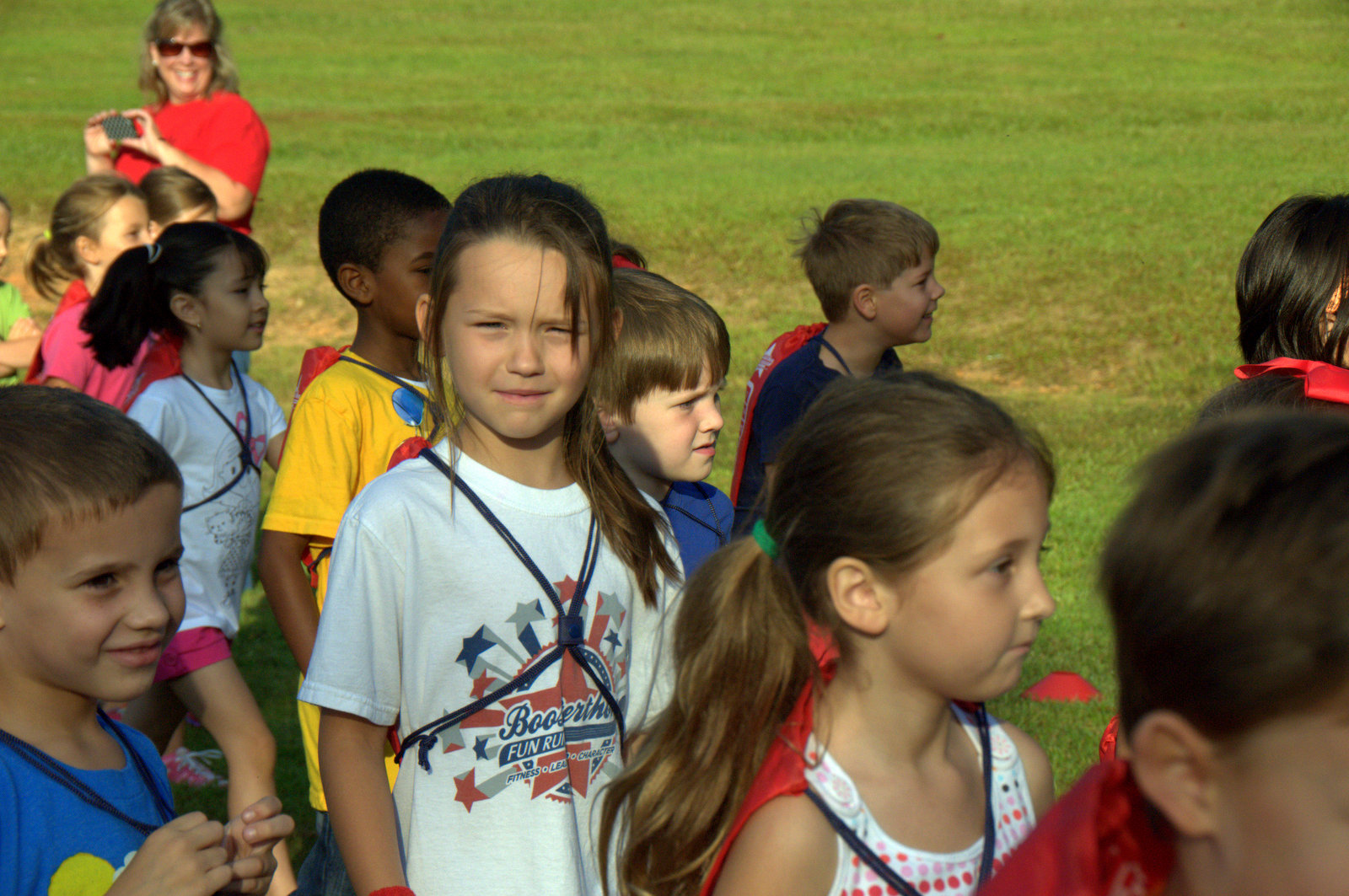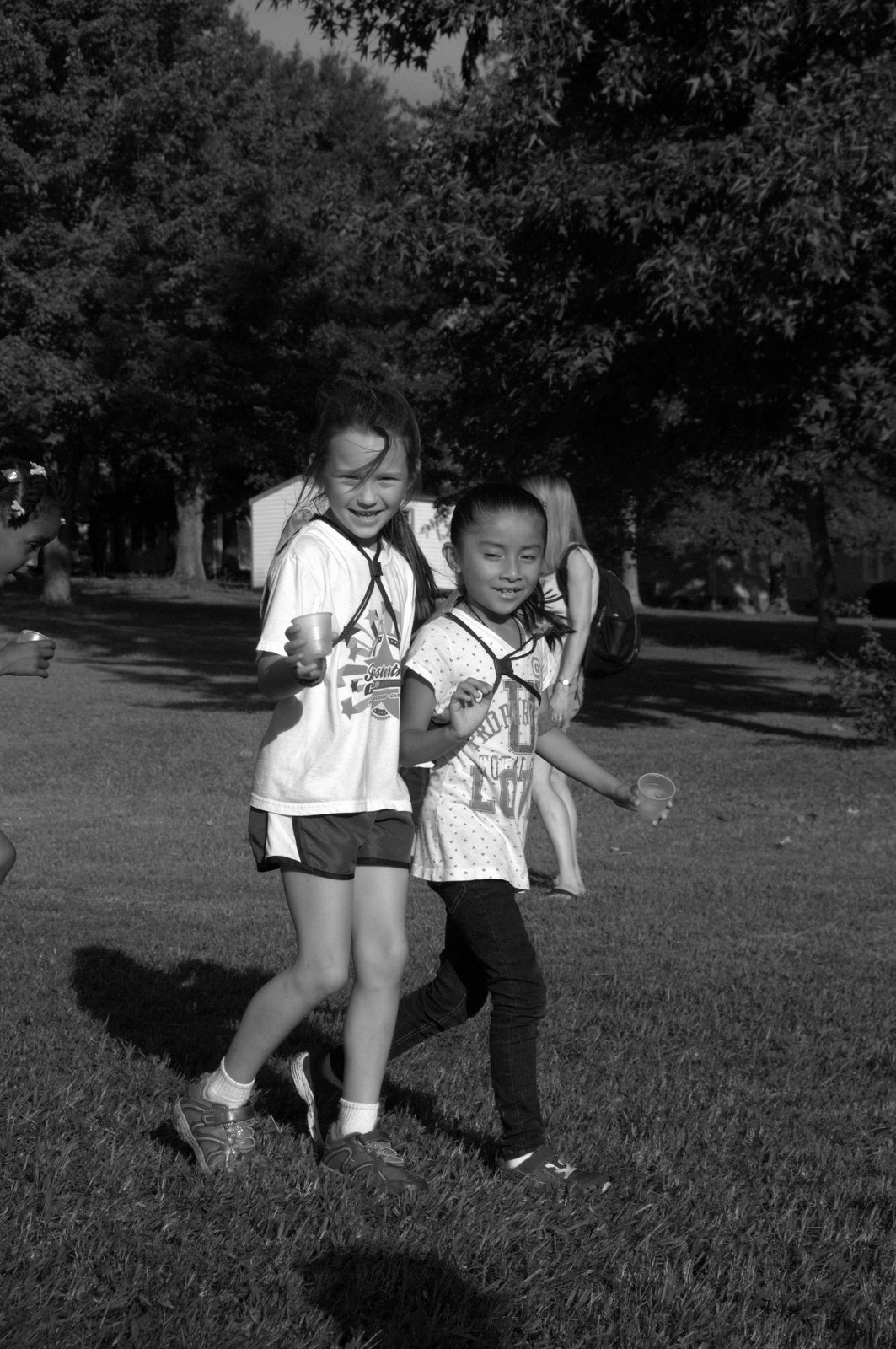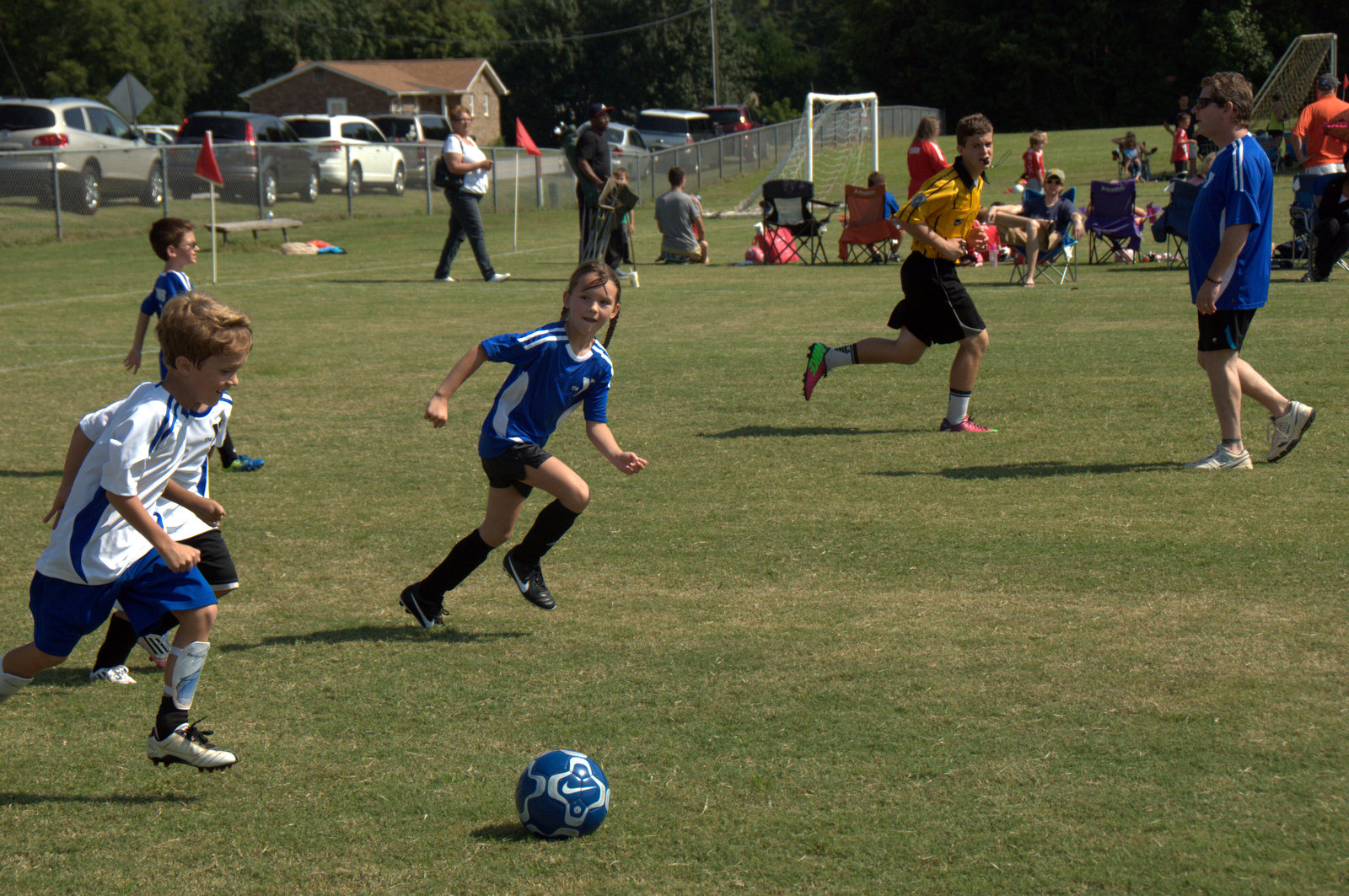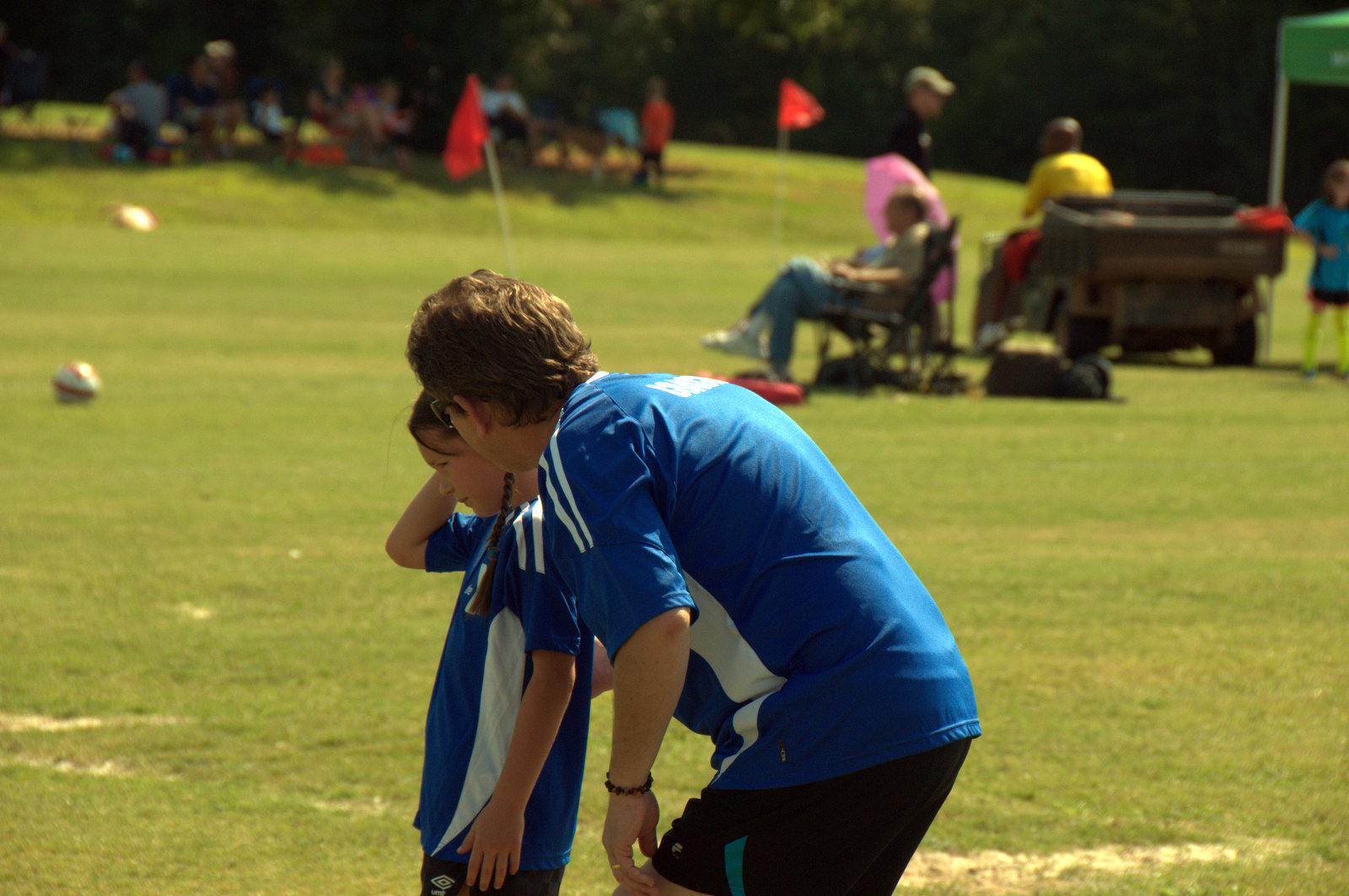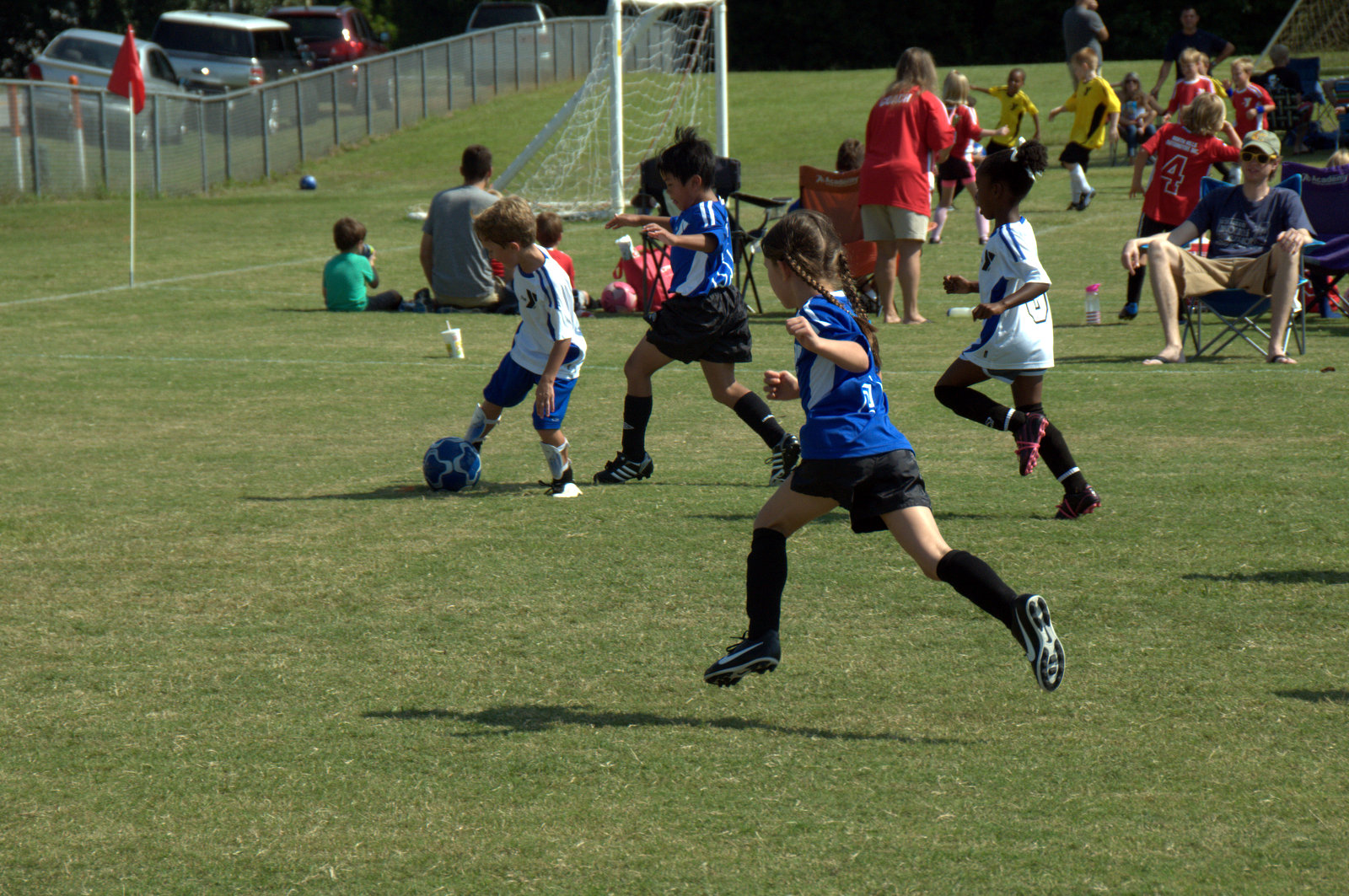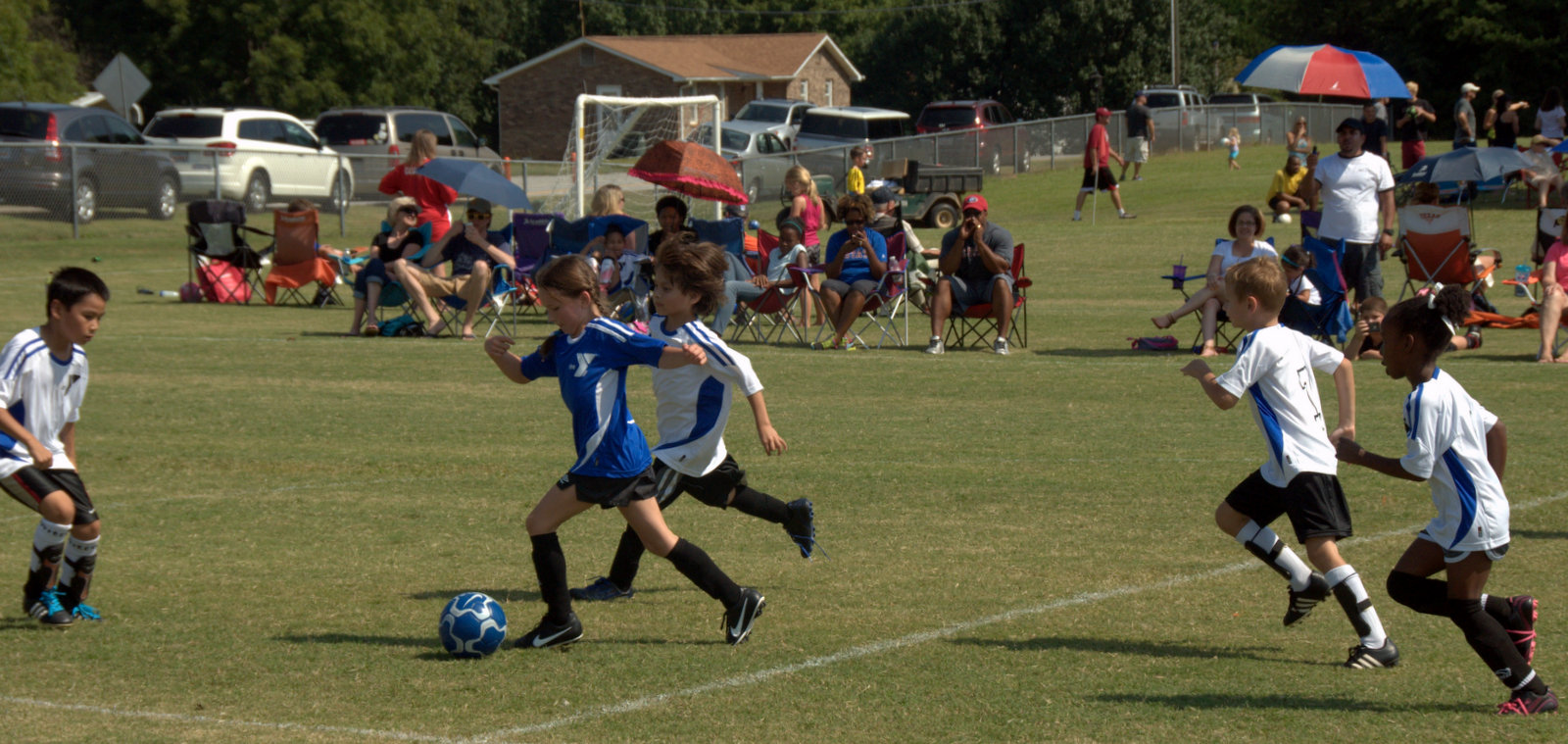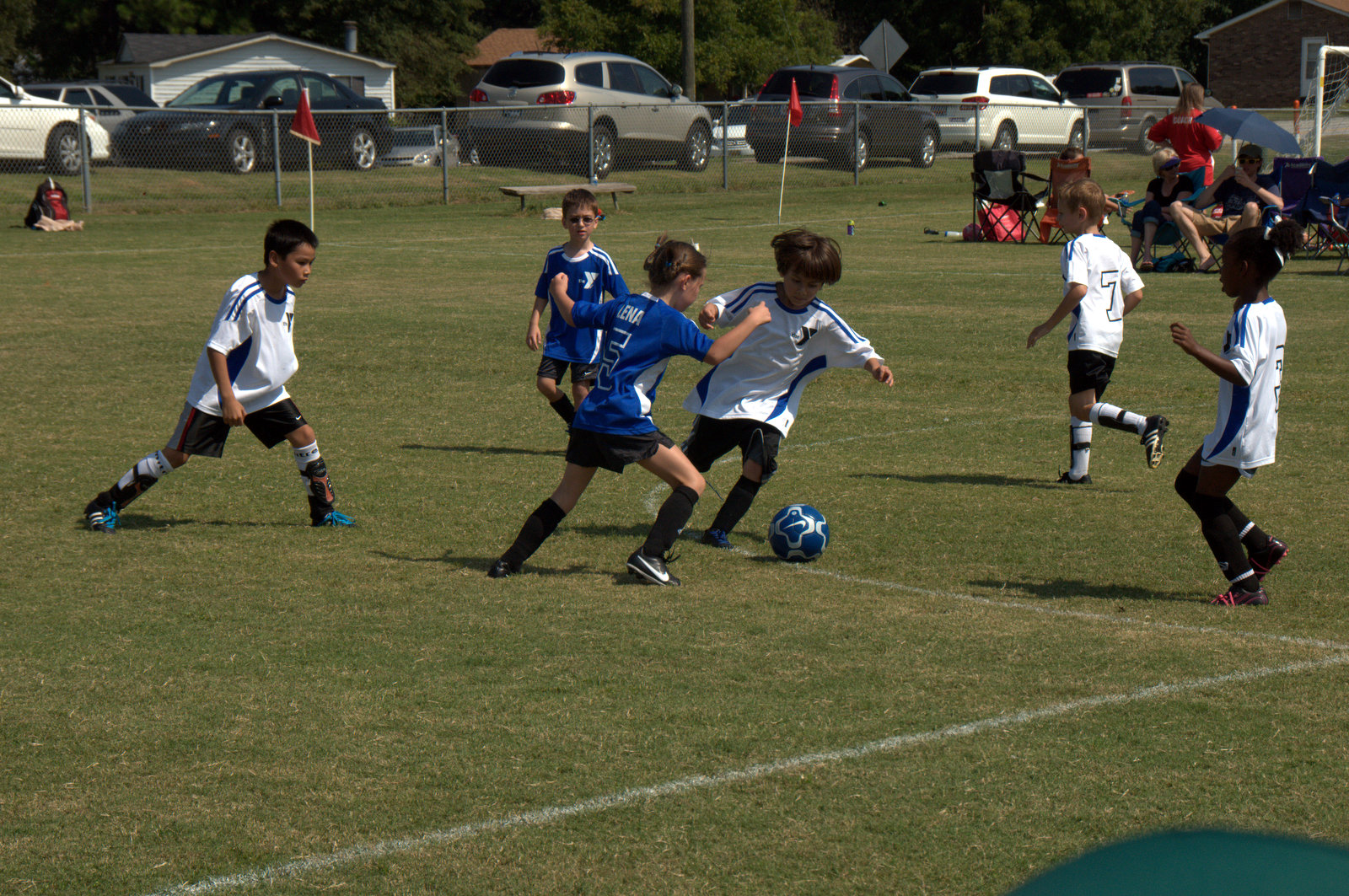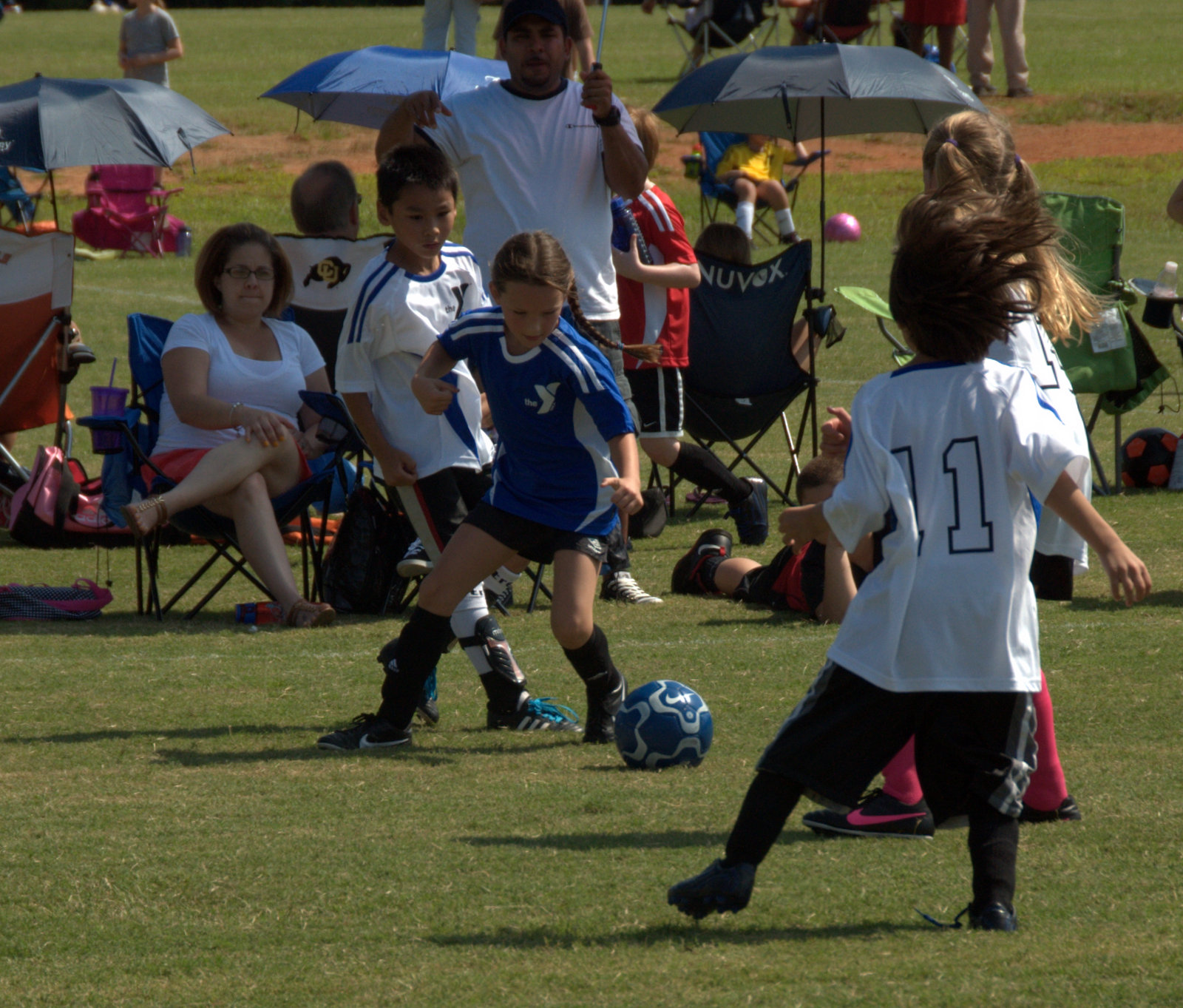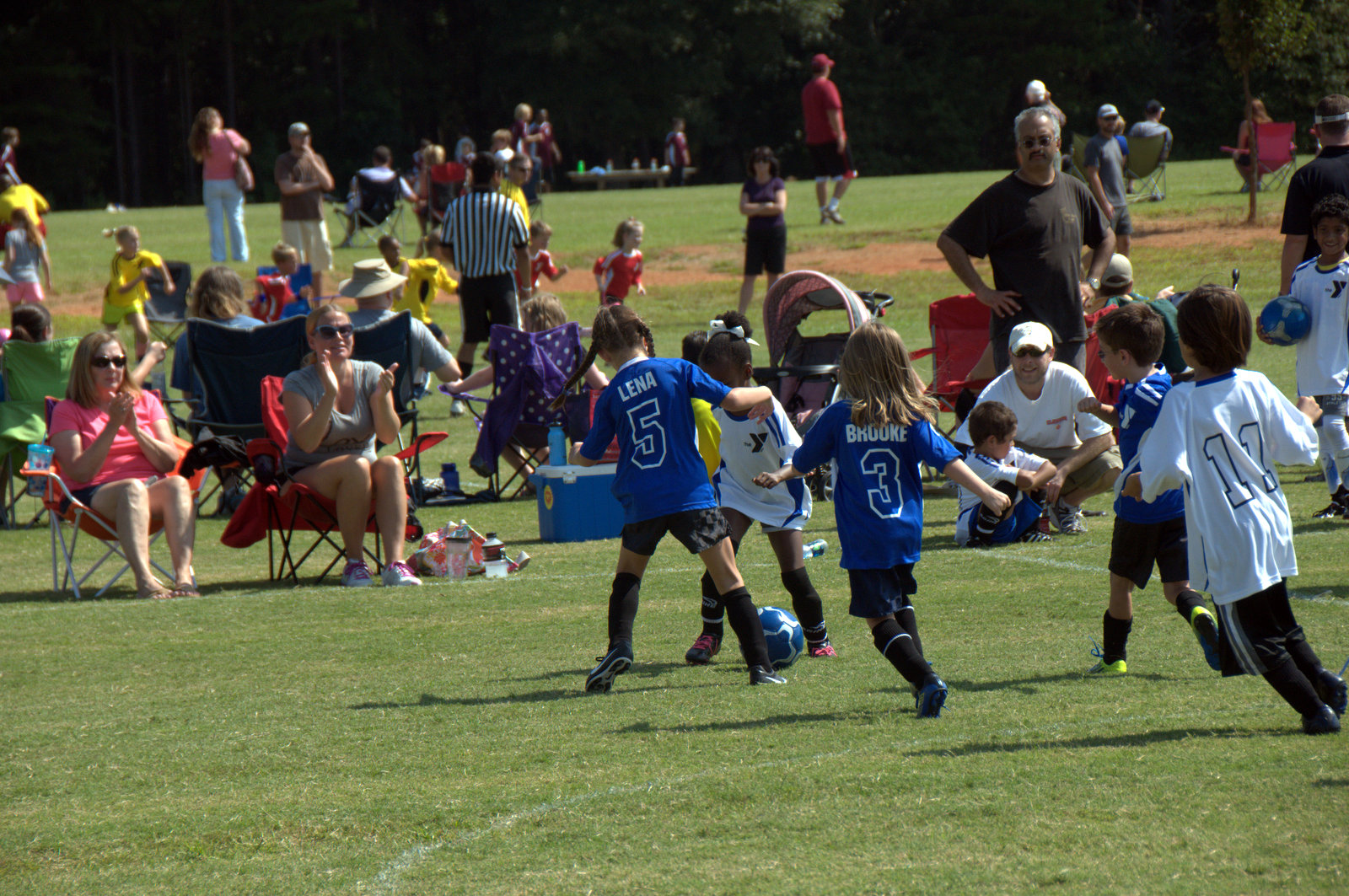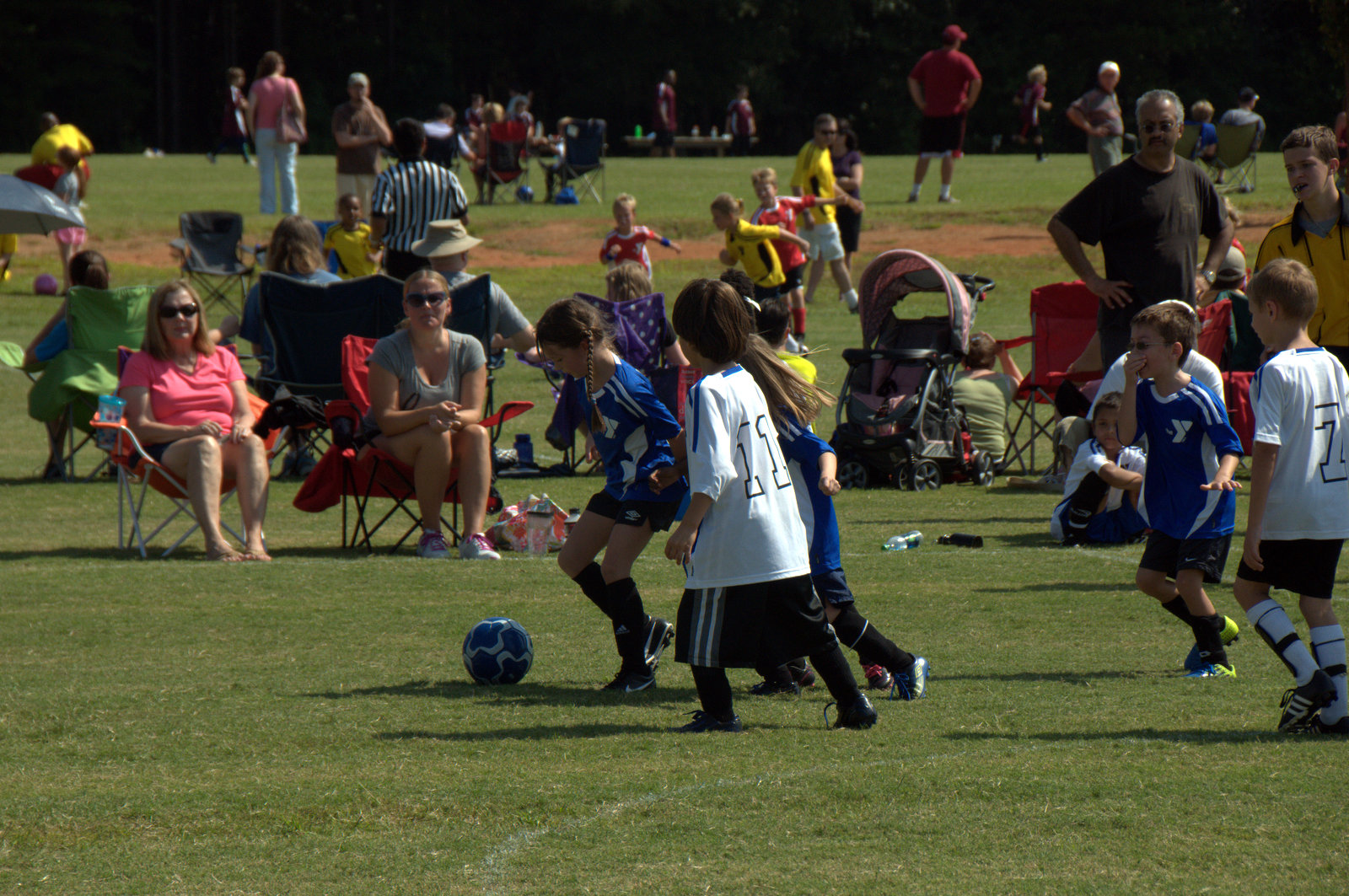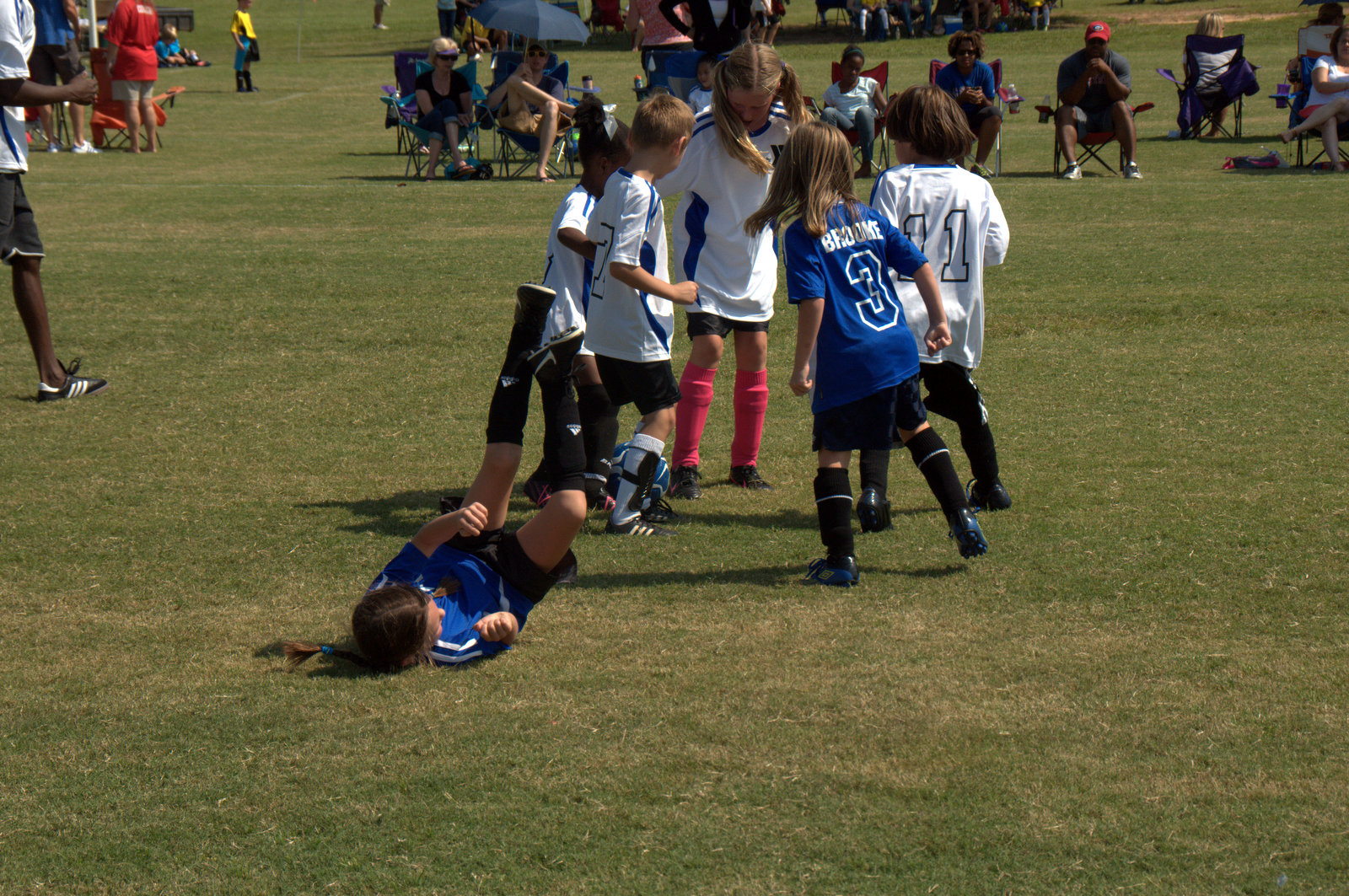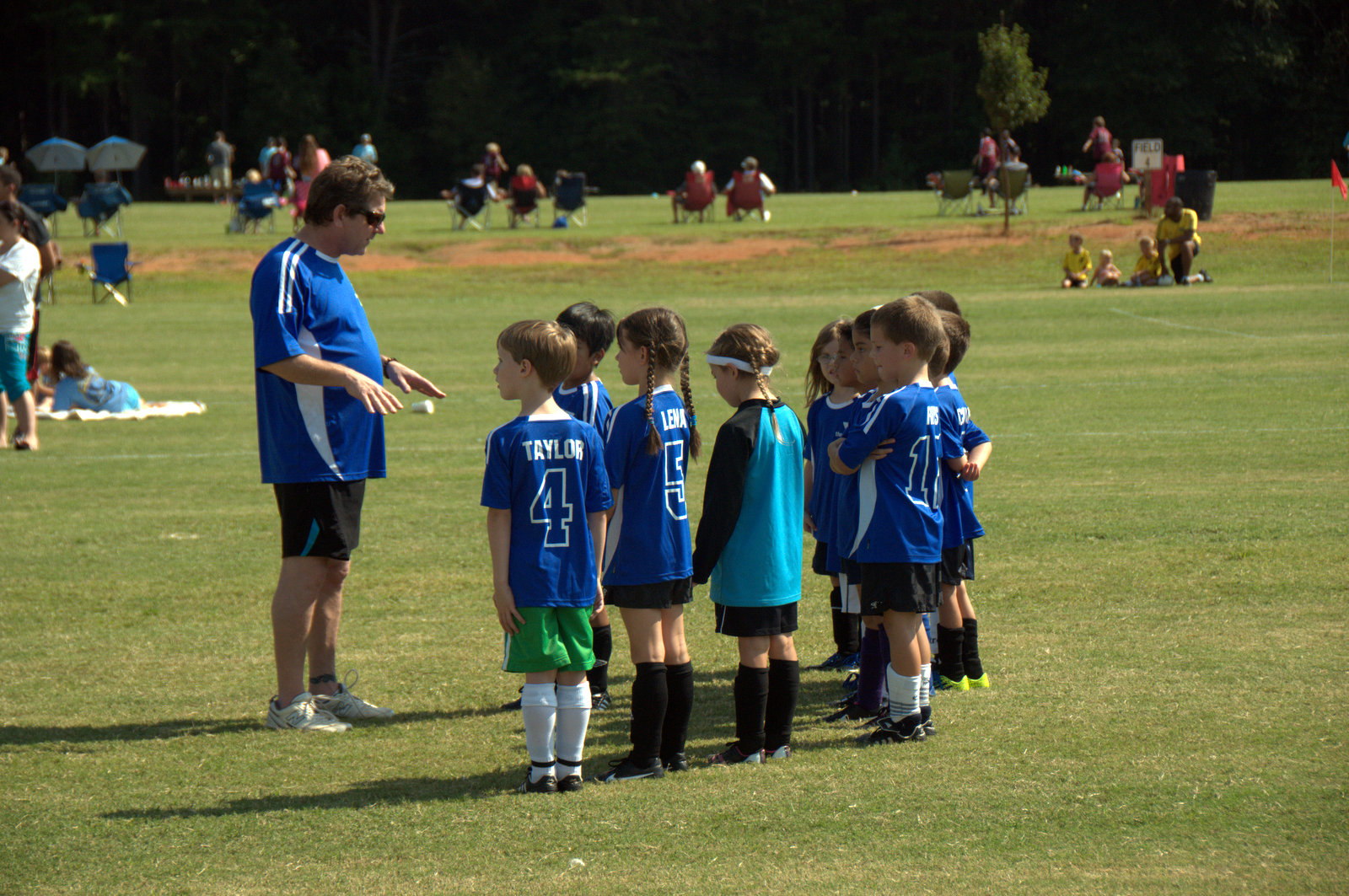Mama, masz cos twardy żeby bear down on?
Candy Crisis
I have no good candy. Thank goodness Halloween is coming up.
Boosterthon 2013
Literary Argument
I’m working with my students on how to construct an argument in general and a literary argument in particular. We’re working with single paragraphs now, slowly building to whole papers. Here’s one effort:
The character Montresor from “The Cask of Amontillado” is an untrustworthy narrator. He tries to improve his image to the reader by telling how he’d endured the “thousand injuries of Fortunato”. This is meant to give the reader the idea that Montresor has good reason for wanting to murder Fortunato. However, Montresor does not describe the injuries Fortunato apparently gave him; in fact, because the story is in first person, we don’t know if Fortunato ever even hurt him. Not only that, he lies in the actual context of the story as well; for instance, when he tells Fortunato that he “receive[s] a pipe of what passes for amontillado”. Even if he did get the amontillado, Fortunato wasn’t fortunate enough to see it. He probably lied about being a mason, too. You can see from these quotes and facts that you cannot trust Montresor.
I love teaching writing because we all see the improvement in short order.
Fr. Barron on Time
Fr. Barron hits it out of the park again.
Music Ed.
Currently reading When Giants Walked the Earth: A Biography of Led Zeppelin. It’s obviously influencing my listening habits as well: haven’t listened to this much Zeppelin in at least twenty years. I mentioned it to a class in a “what are you reading” conversation to fill the last few minutes of class. I was shocked at the number who’d never heard of them. Needless to say, I remedied that the next day during their bell ringer with “Dazed and Confused.” The next day, a petite, preppy blond asked, “Mr. Scott, can we listen to that song again?” Small victories…
Inference
Observation and inference — two totally different skills, so linked in some ways, so very different in most ways. To observe means to use one’s senses and only one’s senses. In observing, it’s what we see, what we smell, what we hear, what we taste, what we feel — and nothing else. To infer means to take those sensory stimuli and combine them then somehow go beyond them, drawing a logical conclusion based on evidence.
I don’t really recall any lessons in school about how to infer, about how to discern inferring from observing. Perhaps we had some lessons on those skills and differentiating between them, but I don’t really recall. (As if that’s any kind of proof…) Still, I teach my eighth grade students every year how the difference between inferring and observing, and one of the continuing ways I do it is to show a photograph with some statements below it, some inferences, some observations.
It might look something like this:
Are the following a) observations or b) inferences?
- He slipped.
- The floor is wet.
- There are papers on the floor.
- He is a lawyer.
- He was in a hurry.
- He is on the floor.
Students often insist that the first statement is clearly an observation. With a little prodding they realize, though, that they didn’t actually see the gentleman slip, so it’s only an inference.
“Why do you think that?” I ask.
“Because he’s on the floor, with his papers spread about in front of him, and the floor’s wet.”
“But how do you know the floor is wet?” I push further.
“Because there’s a sign about the floor being wet,” the students press incredulously.
I sketch a “Wet Floor” sign on a piece of paper and put it on the floor.
“Is this floor wet?”
“No!” comes the chorus.
“But how do you know? I mean, there’s a sign here and everything,” I continue. “Prove to me it’s not wet.” Finally one student gets up and touches the floor.
“See?” she says, showing me her dry hand, “It’s dry.”
Inferences that look like observations — how often do we confuse the two? How many disagreements do we have simply because one party thinks she’s observing and instead is inferring? I suspect most, if not all, political disagreement arises from this. One side feels it is only observing the simple facts while insisting that the other side is inferring — and inferring wrongly — from the facts, or worse, inferring based on previous inferences based on previous inferences, ad infinitum. In fact, probably most political positions are built on a long string of inferences. Understanding this might be a good first step to less acrimonious political discussions. Indeed, it might be a good first step to better relationships in general.
Your Letter
Dear Terrence,
I read your letter and felt it really needed a reply: you touch on a lot of issues that got me thinking, gave me hope, and honestly caused me to worry a bit.
You wrote that you “feel like people criticize [you] because of [your] past,” something which “hurts [you] to even try to change.”I don’t know what you thought I might have known about your past, but I knew nothing. I’m fairly sure the other teachers on the team knew nothing about you, either. Yet we can all accurately guess about your past because of your present. I don’t mean to be offensive or blunt, but despite your desire to change, you still exhibit a lot of behaviors that draw negative attention to yourself. I don’t know about other teachers’ rooms, but I can describe some of the things in your behavior in my room that makes it pretty clear that you’ve had a rough past in school.
- You often blurt out things that you’re thinking, things that might not help the classroom atmosphere.
- You sometimes get up and move about the room for this or that reason without asking permission or seeming to notice that doing so would be an interruption.
- You put your head down when you get frustrated, and even when you’re not frustrated, you cover your face with your hands and completely disengage.
- When I correct you, you often quickly develop a negative, disrespectful attitude that comes out in your tone of voice and your body language.
You write that you want teachers to “just give [you] a chance and stop messing with [you],” but if a teacher is correcting these behaviors, she’s not “messing” with you. You must understand that some of your behaviors genuinely disrupt the class, and a teacher cannot continue teaching over disruption.
I do have some bad news, though: while no one is messing with you, you’ve made it clear what gets under your skin, and if a teacher wanted to mess with you, wanted to provoke you so that she could write you up, you’ve made it easy for that teacher (whom I hope you never meet) to do just that.
Fortunately, I have some good news, too: letters like yours make a teacher’s day. It gives us hope that perhaps we can help make a difference in students’ lives. I don’t know a single teacher–especially the teachers on our team–who won’t go out of his or her way to help a student who wants to change his/her behavior to do just that. However (and it’s a pretty big “however”), you have to show that you are really trying to make these changes. You have to show progress on a regular basis. Not big progress; not 180 degree changes overnight. But teachers need to see that you are serious about something like this. Otherwise, we’re left wondering if you’re just playing us. I’m sure you’re not, but it has been known to happen, and teachers tend to be a bit wary about that.
Here’s what I suggest you do if you really want to be a “changed man” as you so aptly called it. First, make sure you go to each teacher and say as much to him/her. Look the teacher in the eye; make sure your facial expression is pleasant; be sure not to let yourself be distracted by anything other students might be doing; then say what you said in the letter. Second, make your strongest effort to change right then. Show the teacher you mean business. Show the teacher that you are not just talking the talk but you’re trying to walk the walk. Third, when you slip up (and you will: you’re trying to change some habits that you’ve had for a long time, I suspect), apologize. Sincerely. But not right then! If you do, the teacher is likely to think you’re just trying to disrupt further. Just smile as best you can and comply. After class, you can go to the teacher and say, “I really messed up. I appreciate your patience with me. I’ll do better next time.” Finally, make sure all your friends know what you’re up to. If you’re trying to be Mr. Thug with them but Mr. Nice Guy with your teachers, you’ll get those roles mixed up and cause yourself more trouble. Be a leader: tell your friends, “Hey, I’m sick of hating school, sick of dreading school, sick of feeling like I’m wasting time. I’m going to make some changes in how I act, how I think, how I see myself and the world.” Be a leader: show other kids how to do it. They’ll follow your example, because everyone loves to see a “troubled-kid-straightens-everything-out” story. We love it, all of us.
Understand that I’ll do everything in my power to help you. I have some tricks I can teach you about making a good impression, keeping your impulses in check, and having a positive affect. (If you don’t know what that means, ask me: I’ll gladly explain.) But as I said earlier, I and all the other teachers have to see change immediately. Not enormous change, but change. Effort.
Best of luck,
Your Teacher
Debut 2013
Dear Terrence,
There you are! I’ve been wondering if you’d decided not to come to school at all this year, but it just turned out that you were going to a different school and hadn’t transferred to our happy classroom yet.
I thought I might have recognized you when I saw you, the new kid, walking down the hall. It was something about how you walked, how you carried yourself, how you wore your hair, how you interacted with people — hints of thug-wanna-be — that made me think, “Well, is that Terrence?” before I’d even met you.
You might have noticed that I’m trying for early intervention with you. I want to you to see early on that, despite your tendency to fly into disrespectful mini-rages when being redirected, despite your tendency to put your head down in class, despite your tendency to speak whatever comes into your mind, despite your tendency to get up and wander anywhere in the classroom you choose, I’m still on your side, I’m still hoping to help you, and I still think you can do better than you’re doing now.
You’ve got a lot to work on, though. You’ve built up a lot of bad habits that land you squarely and immediately in trouble, and you don’t seem to realize that you quickly create for yourself a reputation. Once that bad reputation is in place, few adults will give you the benefit of any doubt. I’m trying not to let that sway me, but I’ll be honest: eventually, and it might be sooner rather than later, I’ll reach a point that I decide it’s in everyone else’s best interest to get you out of the classroom through administrative referral and the accompanying suspension. In other words, I’ll get tired of dealing with the same issues again and again. You show progress, and I’ll have seemingly endless patience; otherwise, it’s going to be a long year for you in my class.
I don’t mean that to sound like a threat. It probably does to you. You’ve probably heard things like this from other teachers. Still, it’s your behavior that brings this on you. You’ll notice there are plenty of students I never have such conversations with. You can be in that group. But you’re the only one who can put yourself in that group.
Regards,
Your Teacher
Eating and Playing
Misheard
According to one student, Roger, a character in Langston Hughes’ “Thank You, Ma’am,” wants to buy some “blue swayed shoes.”
Chatting
After
It’s been a project we’ve wanted to complete for a very long time. It’s been something that’s shifted up and down our priority list. But eventually, we reached a point that either we get the lower portion of the driveway redone or what was unpaved would end up down the hill after repeated rain.


The great thing about it is that it included a bonus: not only is it a great place to park a car now (obviously), but it’s also a great place for everyone to roller skate, to ride a scooter, or to engage in a million other wheeled- and non-wheeled- activities.
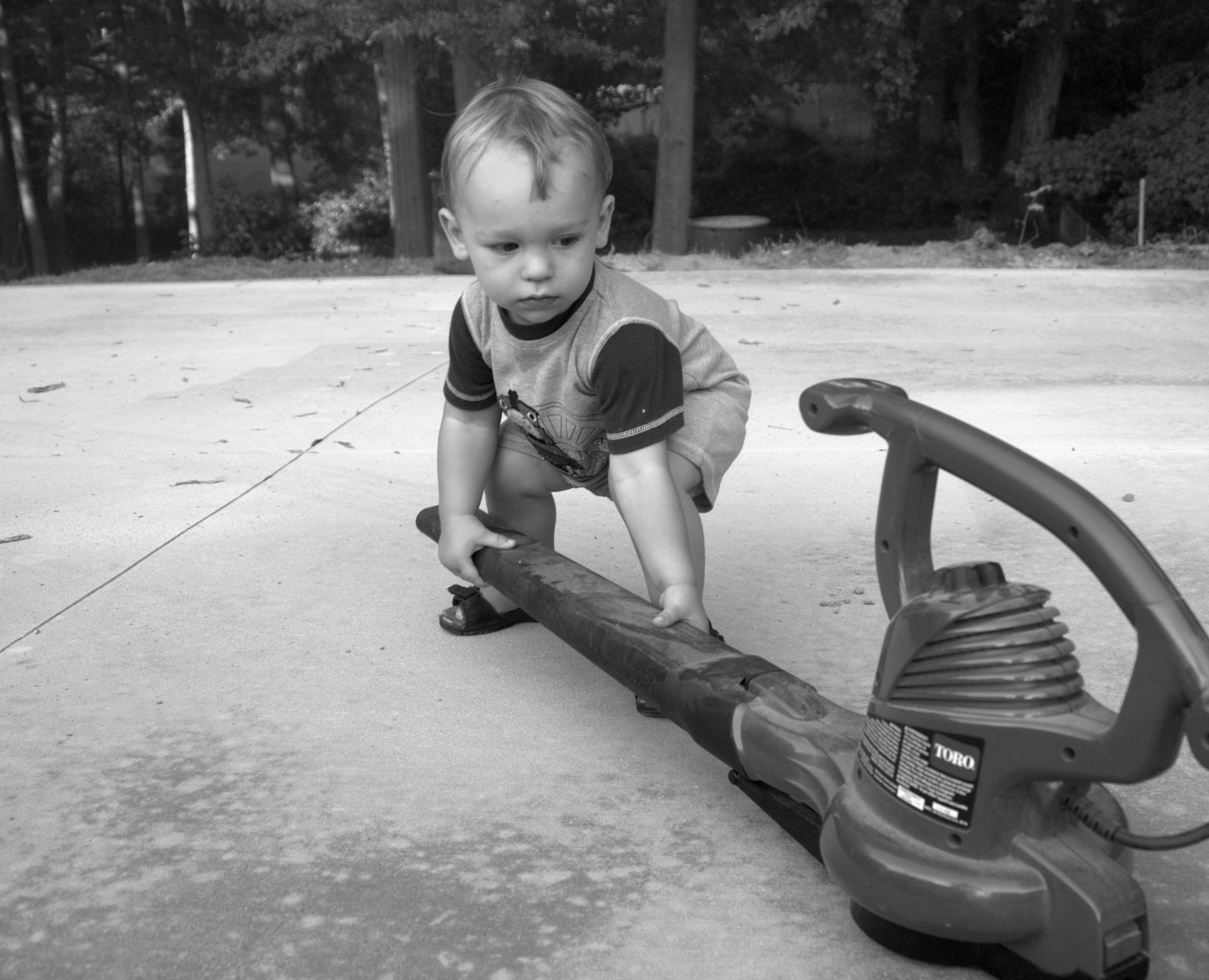
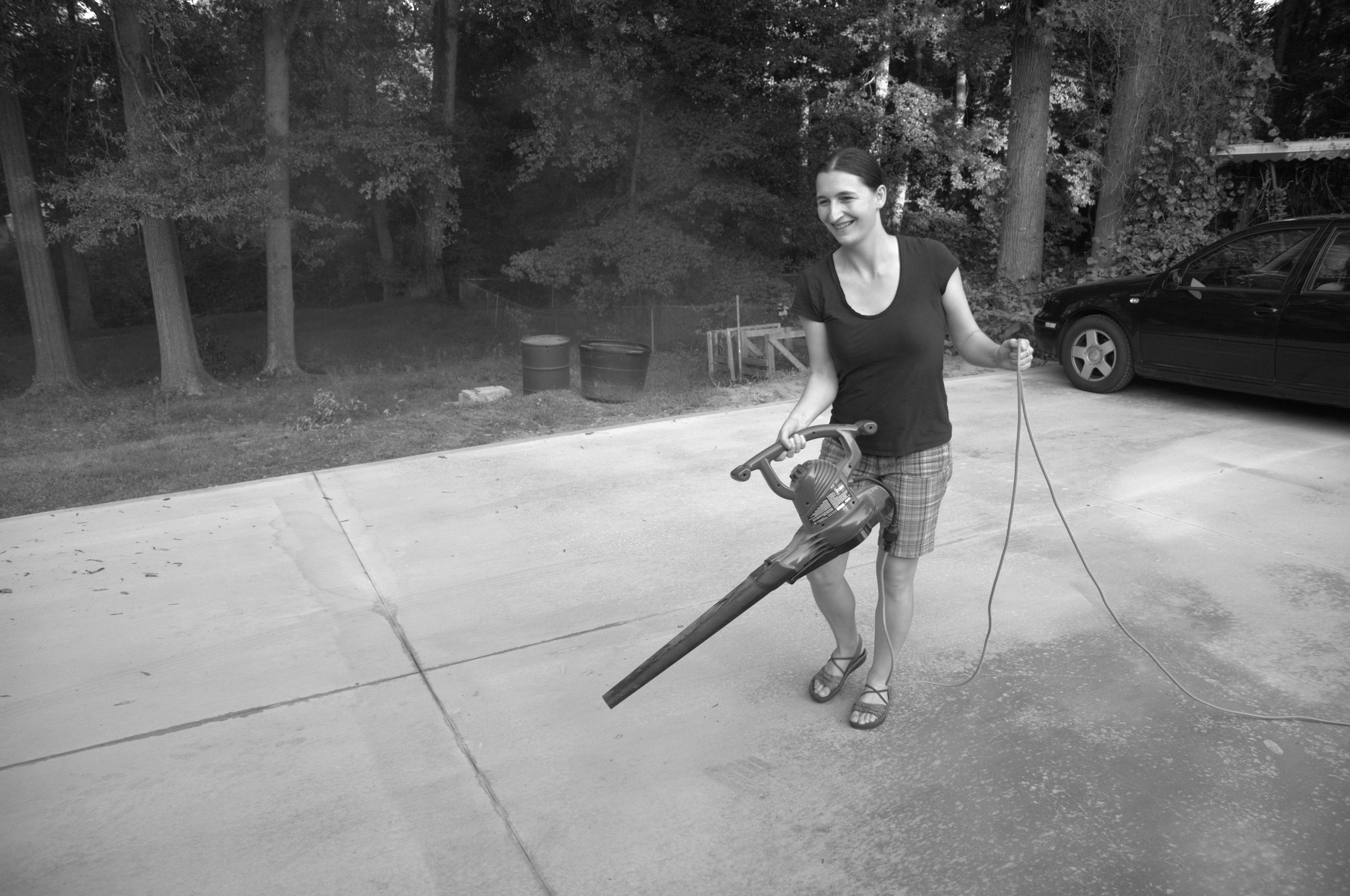




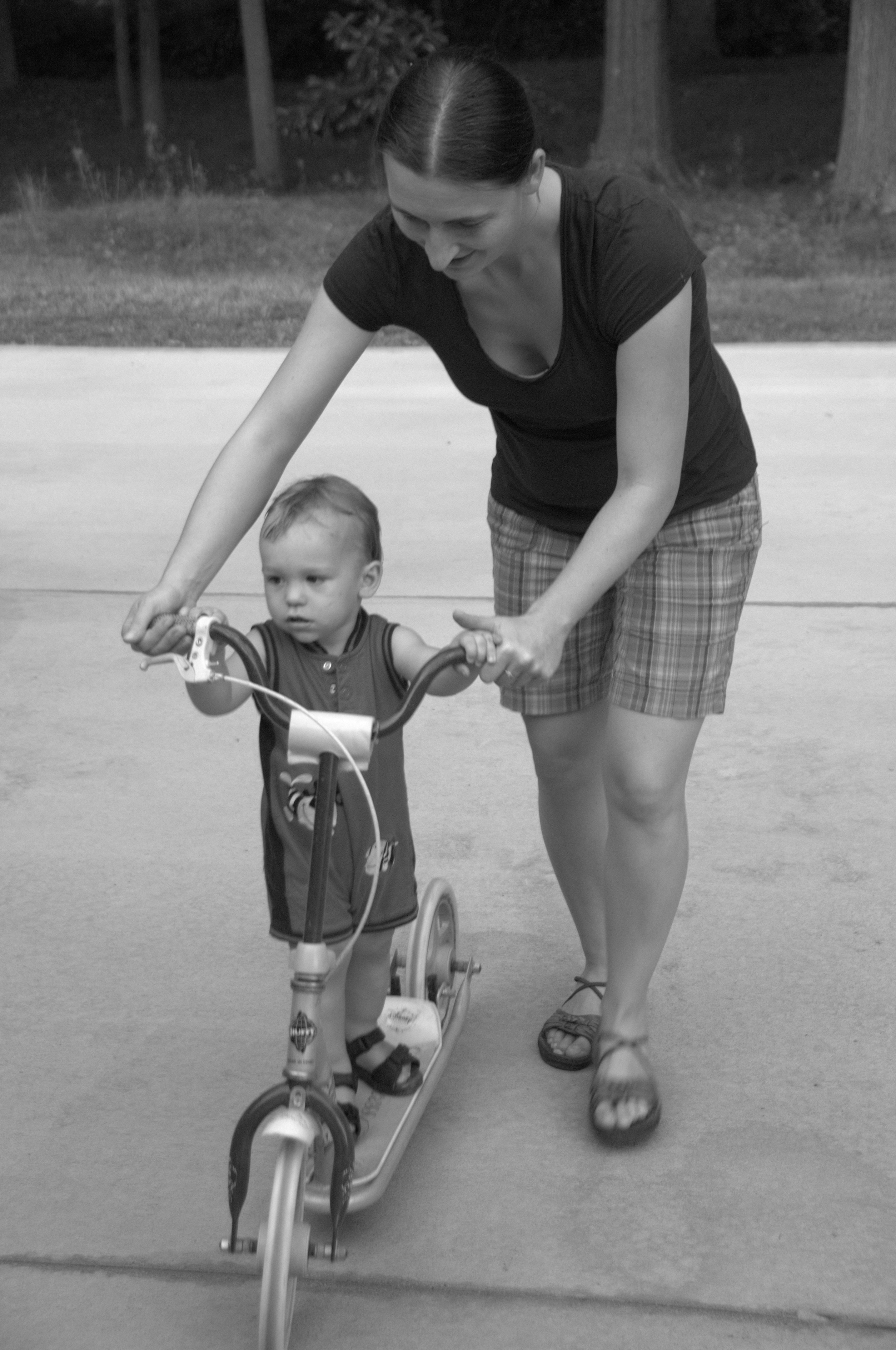
Season Opener 2013
Enforcement
Measure B — it sounds like something from a cheesy low-budget sci-fi, but it’s law in Los Angeles County. It requires permits from the health department for the creation of pornographic films, regular testing of participants in pornography (not sure what to call them, but “actor” certainly doesn’t seem right) for the HIV virus, and the use of condoms in all pornographic ventures. Predictably, the porn industry is against it. Porn starlet Cameron Bay’s recent positive HIV test, however, might be causing some second thoughts. ABC news has an article about it.
There is of course the question of the constitutionality of the law. “U.S. District Judge Dean D. Pregerso [ruled] last week that found Measure B’s mandatory condom requirement on all shoots in Los Angeles County to be constitutional” (Daily News), but porn company owners insist that it is a violation of their First Amendment rights.
There are of course other concerns as well. An anti-Measure-B web site makes the contention that “Measure B will hurt working, middle-class families that have been hurt hardest during the Recession” (source) but it’s hard to understand how that could be the case: I don’t think most porn stars/starlets would be considered working class. Of course there are those actually shooting, editing, packaging, and marketing the pornographic videos, and since porn is a multi-billion dollar industry, that could be a sizable number of people. (The same site suggests that the number of jobs affected would be more than 10,000.)
Whatever the argument for and against, I have some questions of my own. How will this be enforced? Will county representatives be on set for every pornographic video filming? Will they be randomly screening videos to see that actors wear condoms? Will there be pre-filming inspections? Just how will this be enforced?
Furthermore, do we really want to have our government engaging in full-time viewing of pornography? How will the county advertize the position? One shudders at the thought of the wording of such a classified.
These people are engaging in a morally questionable (at best) industry, and they’re adults: they know the risks. No one is forcing them to act in these films, so why is the government wanting to force this on them? People participating in this form of entertainment should do a risk assessment, taking into account the risks not only to their bodies but to their spirits, before embarking upon or continuing in a porn career.
Where Are You?
Dear Terrence,
Where are you? We’ve been in school over two weeks now, and you’ve yet to show yourself. Usually, by the end of the first class I know which student (or students) will be this year’s Terrences, this years Teresas. But this year, you’re keeping it together much longer than usual. Your attitude hasn’t really come out yet. You haven’t really been disrespectful. You haven’t caused a major disruption.
Understand, I’m certainly not complaining. When you show up, often productivity in the classroom drops a bit because I’m taking more time than I know I should to deal with your behavior issues. So your ability to keep yourself under wraps this year is really a blessing in many ways.
Still, by now, you’ve usually made your appearance and I’ve already begun trying to coach and to encourage you, to give you a few new tools for your sorely-lacking social skills toolbox. But I don’t know who you are yet.
Yours,
A. Teacher
Goodbye, Nelia
“Mr. Scott, today is my last day.” Nelia looked at me matter-of-factly when she said it one Friday morning, but the news was anything but matter-of-fact. There are students who, though it pains a teacher to admit, could say those words and the teacher would find it difficult to suppress the resulting smile. Few are their numbers, thankfully, but every year almost every teacher has at least one or two students about whom he thinks, “If only this kid wasn’t in my classroom–I could get so much more done with these other children.”
Nelia was not such a student. Indeed, she was the polar opposite: a quiet child who applied herself diligently each and every day, who turned in model work as a result, and who seemed to draw my attention in class like no one else. I knew she was trying; I knew she was paying attention; I knew she wanted to learn the things I had to teach. When explaining things, I found that I glanced at her more than almost any other student. Hard workers get that kind of attention.
I’d had my eye out for her from the first day. Mrs. Wilson, a teacher from a lower grade, had seen her name on my roster and exclaimed, “Oh, Nelia! You’ll love her!” She’d gone on to explain that Nelia had had a difficult life and had brought a lot of issues into the classroom. “But by the second semester, she’d worked a lot of them out–anger management, patience, things like that–and just became a sweet, wonderful student.” We teachers all like to hear that about rising students, so I was ready and very eager to meet her.
Because of her last name and the fact that I arrange my students alphabetically the first few days, Nelia sat in the back. She seemed quiet, not really talking to anyone and certainly not talking out of turn, but she always appeared sad. Tired. When students did group work, I found that she quietly participated but didn’t really take the lead. At the same time, the other students immediately realized that she had a quick mind and grasped things before most others in the classroom, so she became the de facto advisor to the group. She often finished before anyone else and then helped the other members of her group: not exactly the ideal for group work, for among other things, group work is intended to give students and opportunity to practice the real-world skill of cooperation in pursuit of a common goal. Still, her willingness to help had its own positive effects, and not just in the subject matter.
Her work was impressive. Always neatly organized in clear, looping handwriting, her work demonstrated from the beginning her impressive intellect and her pursuit of virtual perfection. Yet when praised for the quality of her work, she often smiled only a bit, the edges of her mouth just turning up and a sparkle temporarily flashing in her eyes.
All of this I noticed in just over a week.
When she told me she was leaving, the news hurt immediately, though initially for admittedly selfish reasons. It’s always a little sad to see a productive student who has a positive impact on the classroom environment leave, but it’s even more upsetting when it’s a student known to struggle, known to have overcome some bad habits and replaced them with some positive behaviors. When I found out why she was leaving, though, I sat silently for a few moments, wondering just how I should respond, considering how I could wrestle the wild and wildly depressing thoughts that surged into my mind when she began her explanation, “You see, I’m in foster care, and the lady that is taking care of me right now has decided she’s too old to do it anymore.”
Suddenly it all made sense, all the things the other teacher had mentioned, all the little implications. The changes Nelia had made, breaking habits built up from years of disappointment, rejection, and loneliness, were all the more impressive. I found myself suddenly grateful that I and my children knew where we would wake up tomorrow, the next week, the next year. I found myself unexpectedly thankful for the little habits that we take for granted, habits that sometimes even annoy, but habits that can only form in a secure environment where there are no surprises like, “Guess what!? You’re moving next week and that means changing everything in your life!”
And then the wild thoughts, the unrealistic thoughts that I just couldn’t beat down: “How quickly can someone get to be certified to be a foster family? Could we do that fast enough?” Thoughts that I knew the answer to.
As she left class that day, I pulled her aside and told her that I was very sad that she was leaving us. “I was really, really looking forward to working with you this year. I can see already that you would be one of those students that make me think, ‘This is what I got into teaching for.’” She smiled and thanked me, then started down the hall. I called after her and told her, “Make sure you head up to the seventh grade hall and say goodbye to Mrs. Wilson.” She smiled and assured me she would.
On the drive home that day, I began wondering if I should have said more, if it would have been helpful or even appropriate to say what I truly wanted to tell her: “If I had it in my power, I would take you into my family’s house and gladly try to provide a stable environment for you until you graduate high school, or even longer if necessary.” Unwarranted hope? Perhaps. Perhaps not. Maybe hearing those words, essentially telling her, “You’re not unwanted. You can have a secure place in this world” would have been an incredibly positive thing; perhaps hearing those words would have had the opposite effect. Possibly she would have thought I was just being a little weird. I don’t regret not saying it, and yet I’m thinking and writing about it still.
I did say something though, something to hint that she’s wanted, that she’s appreciated. Enough to make up for any of the sadness in her life? Certainly not: that’s a hole impossible to fill with only a few minutes of chatting. But she smiled when I said those things, and it made the day a success.
When Monday rolled around, I was still hopeful she would walk into my classroom. “Perhaps there’s been a change. Perhaps she got the dates mixed up,” I thought. No mistake. No change. Simply no Nelia. She was always so quiet that I really didn’t notice her absence until five or so minutes into the class, the students working on their bell-ringer and I checking roll.
“Michael,” I said, glancing up, checking his name with I saw his tuft of blond hair.
“Nelia.” And then I remembered. A voice from the back of the classroom: “I think she moved.” I stood silent for a moment, wondering where Nelia was, wondering what family had taken her in, wondering what school she’d landed in, wondering if she would settle in quickly, wondering how long it would take for her teachers to notice what I and others had seen, wondering if old habits might return as defensive mechanisms, wondering, wondering, wondering.
“Yes, she moved,” I finally confirmed, hoping the students wouldn’t notice the crack in my voice.
